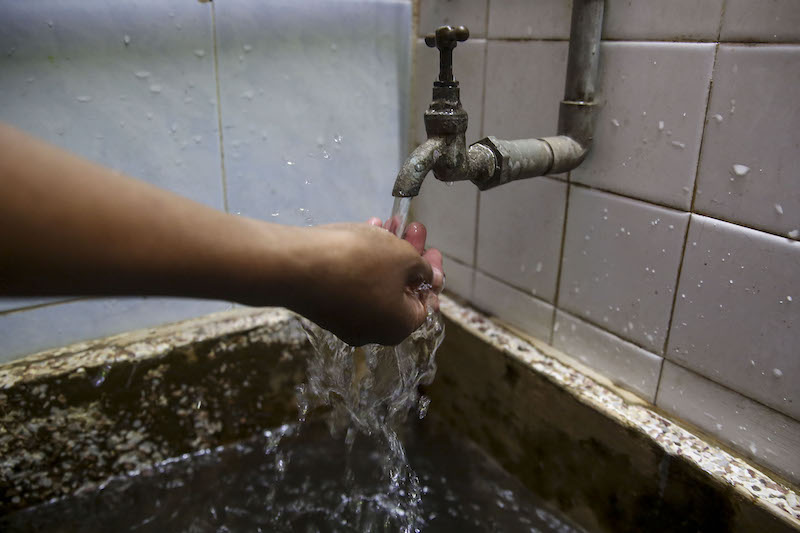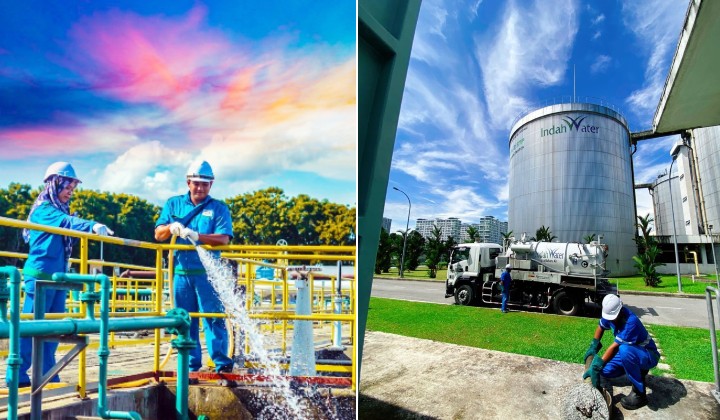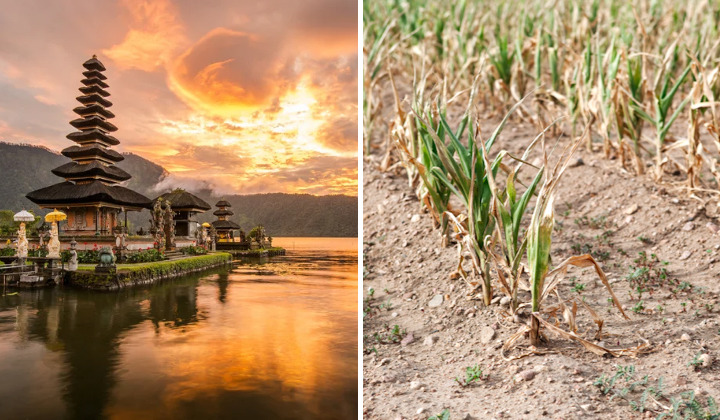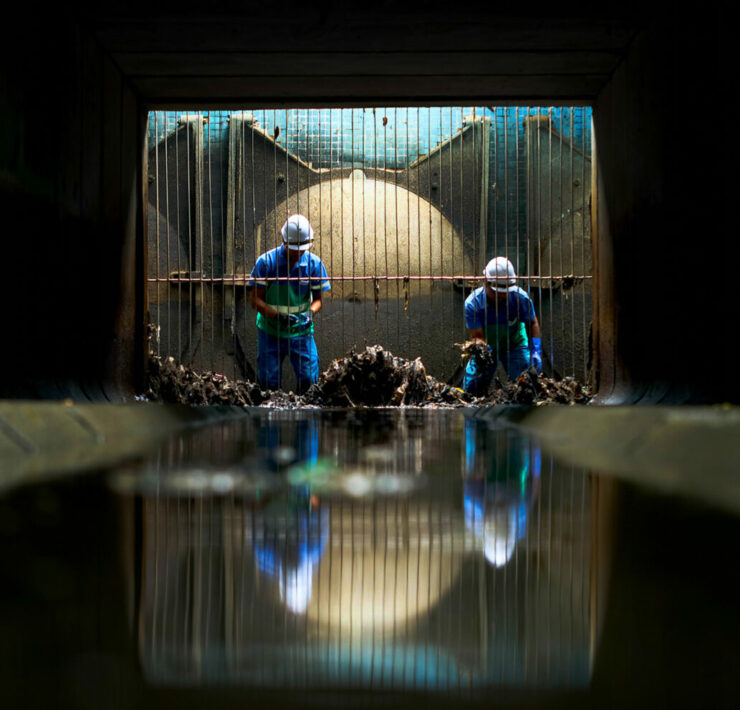Malaysia Too Faces Climate Change Issues, Here’s How IWK Offers To Be Part of the Solution
Recycled water might be a potential second source for the country.

Subscribe to our Telegram channel for the latest stories and updates.
Climate change is a very real problem that affects everyone across the globe, including Malaysians.
According to National Geographic, its impact towards the water cycle – by influencing when, where, and how much precipitation falls – makes it difficult for people worldwide to get water.
It’s reported that the impact of climate change on water resources will be mostly felt in the tropics, where most developing countries are located, including Malaysia.
One of the ways the United Nations, in their World Water Development Report, suggests to overcome this problem is by treating and reusing wastewater which is a major source of methane, a powerful greenhouse gas.
It’s reported that worldwide between 80% and 90% of wastewater is discharged to the environment without any form of treatment. The large amount of untreated wastewater may lead to water-borne diseases. To make matters worse, can you imagine if these dangerous substances are especially present at water intake?
How Malaysia get its water
Usually, water that is supplied to millions of Malaysians comes from natural sources, like rainwater and rivers, and then treated before being pumped to homes.
But the water is not exclusively for households as commercial premises and industries also use the same source for their businesses.
This would be a problem during droughts when these resources start to deplete as both commercial and residential users would suffer.

Recycled water a viable alternative
Malaysians might not be aware of this, but besides getting our water from raw resources, waste water might be able to play an important role in protecting our water supply and might even be a potential secondary source.
To make that happen, Malaysia’s national sewerage company, Indah Water Konsortium (IWK) Sdn Bhd is looking to recycle waste water and make it usable again, an initiative they intend to advance this collaboration with water operators.
Instead of letting the treated effluent go to waste, the company sees the discharged effluent – meaning the wastewater that has been treated – as having a huge potential to be reused for non-potable activities such as for cleaning works and other industrial or manufacturing routines; and not for drinking purposes.
As a company owned by the Minister of Finance (Incorporated), IWK has embarked on a water reclamation initiative whereby wastewater treated by IWK’s sewage treatment plant will undergo further treatment to be reused for non-potable purposes.
How does it work?
The sewage goes through a filtration process involving multiple types of tanks to remove all the nasty stuff.
What comes out of this process are a few things – sludge (which can be used as a soil conditioner for ornamental plants), the effluent (the water that has been cleaned) and biogas (renewable source of energy).

IWK said they are able to produce over 5,600 million litres of treated wastewater daily – that’s equivalent to approximately 2,000 Olympic-sized swimming pools which is then released into a body of water.
Recently, the company collaborated with Pengurusan Air Selangor Sdn Bhd (Air Selangor) on a sustainable water recycling initiative through a special purpose vehicle, Central Water Reclamation Sdn Bhd.

IWK’s role is to treat the wastewater at their plants and then send it over to Central Water’s treatment plant for the next step.
The treatment plant will then produce non-potable treated water, which is distributed by Air Selangor to industrial customers in Selangor, Kuala Lumpur and Putrajaya.

How would this benefit Malaysians?
Malaysia is still very dependent on water catchment, which poses a vulnerability in our water supply as it depends on weather conditions and changes.
To ensure a more sustainable water supply, it is crucial to diversify the country’s water supply portfolio by combining safe water resources and reducing dependence on water supply that is based on rainwater.
IWK’s efforts in the water reclamation project can be used to minimise water shortage in the future, whereby it can supply businesses with the water they need while reserving the raw resource for residential consumers.
To ensure a more sustainable water supply, it is crucial to diversify the country’s water supply portfolio by combining safe water resources and reducing dependence on water supply that is based on rainwater.
Share your thoughts with us on TRP’s Facebook, Twitter, and Instagram.
Unkempt in both stories and appearance, Hakim loves tech but tech left him on read, previously he used to write about tall buildings and unoccupied spaces that he can't afford, and legend has it that he still can't afford it to this day








